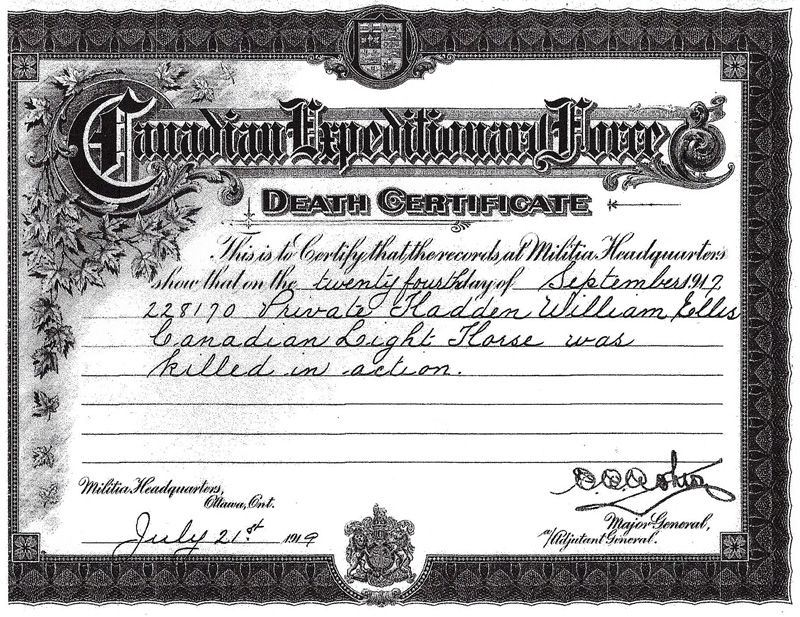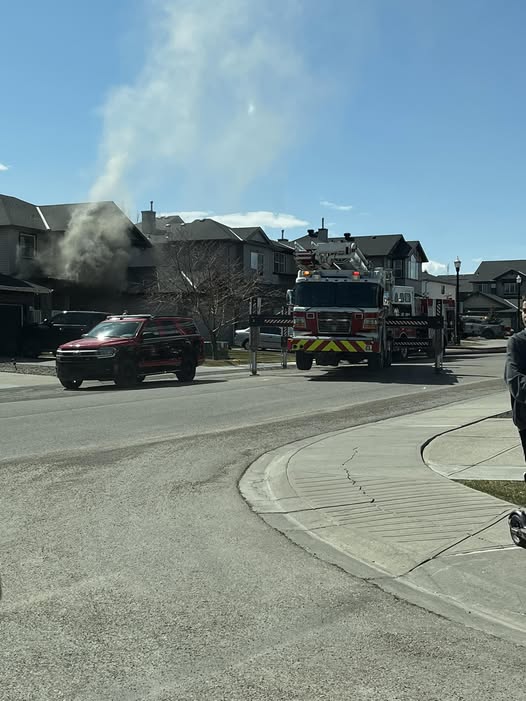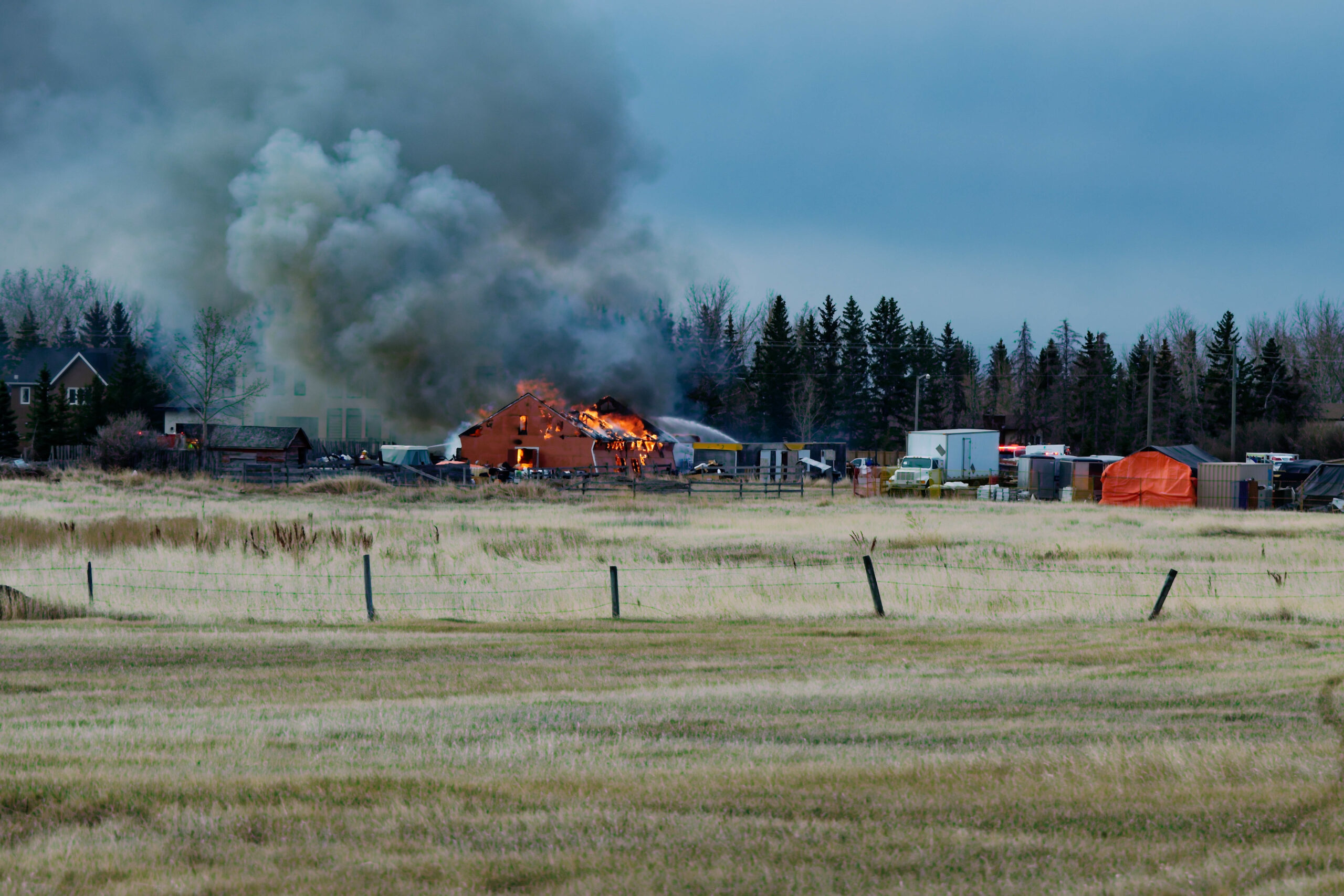
It was supposed to be the war to end all wars.
Known at the time as The Great War, close to 10 million soldiers were killed in the conflict that lasted from 1914-1918.
This Remembrance Day we will be commemorating the 100th anniversary of the armistice that brought an end to that war.
While it is commonly held that Canada matured as a nation and united as a country in fighting that war, the country paid a high price for it.
According to the Canadian War Museum, almost 61,000 Canadians were killed and another 172,000 were wounded.
Not even Chestermere, although sparsely populated and mostly farmland in the early 1900s, was spared from the horrors and pain of the First World War.
Eleven men from the region were killed in the conflict.
Among them was Hadden Ellis, the Great-Uncle of Carol Ellis who lives just north of Chestermere.
“It’s terrible that they have these wars,” said Ellis, “they were still using horses, all the horses that were killed, all the young men that were killed, nurses that get killed, on both sides, all the civilians that got killed.”
Despite the horrors of trench warfare that her great-uncle had to endure Ellis said that, “it’s very wonderful he volunteered to serve.”
Hadden was the fourth son of Shepard and Lida Ellis, and the only son to join the army.
He was 17-years-old when he and his family moved from Ontario to the Chestermere region to join the rest of their extended family in 1912.
After completing high school, Hadden worked on the family farm until he joined the army in 1916.
Hadden served with the Canadian Light Horse and spent time in England before being deployed to France.
“It makes you proud that they served, and we won,” said Ellis.
While the British Empire, France and their allies won the war, Hadden wasn’t alive to see it.
He was killed fighting in France on Sept. 24, 1917.
Hadden is buried at the Villers Station Military Cemetery in France.
Growing up, Ellis said she didn’t really know about her Great-Uncle’s service and sacrifice.
“I don’t really know a lot about it to tell you the truth,” she said.
“It hadn’t been talked about a lot as I was growing up,” said Ellis.
Fortunately, Ellis and her family have written a book chronicling their family history. She said they did this to preserve the stories and history, such as Hadden’s life.
Included in the book are letters home from Hadden, photos him and his grave and a copy of his Canadian Expeditionary Force death certificate.
Hadden’s letters home offer a glimpse into what life was like for him and the thousands of other Canadians who volunteered to joining the Canadian Expeditionary Force.
He wrote home detailing his experiences in training, how he had not yet been issued a uniform on May 12, 1916 to a letter to his mother from the Shornecliffe Barracks in England where he mentions his dislike of cleaning saddles and the dinner to be served, “It is fish today so I hope I miss it.”
In one of the final letter’s that Hadden wrote, he expresses his desire to come home stating that he didn’t think he would be missed in France if he were to be sent home.
He also wrote about his pride of being a, “Canuck,” and how they were recognized by friend and foe as being second to none as fighting men.










